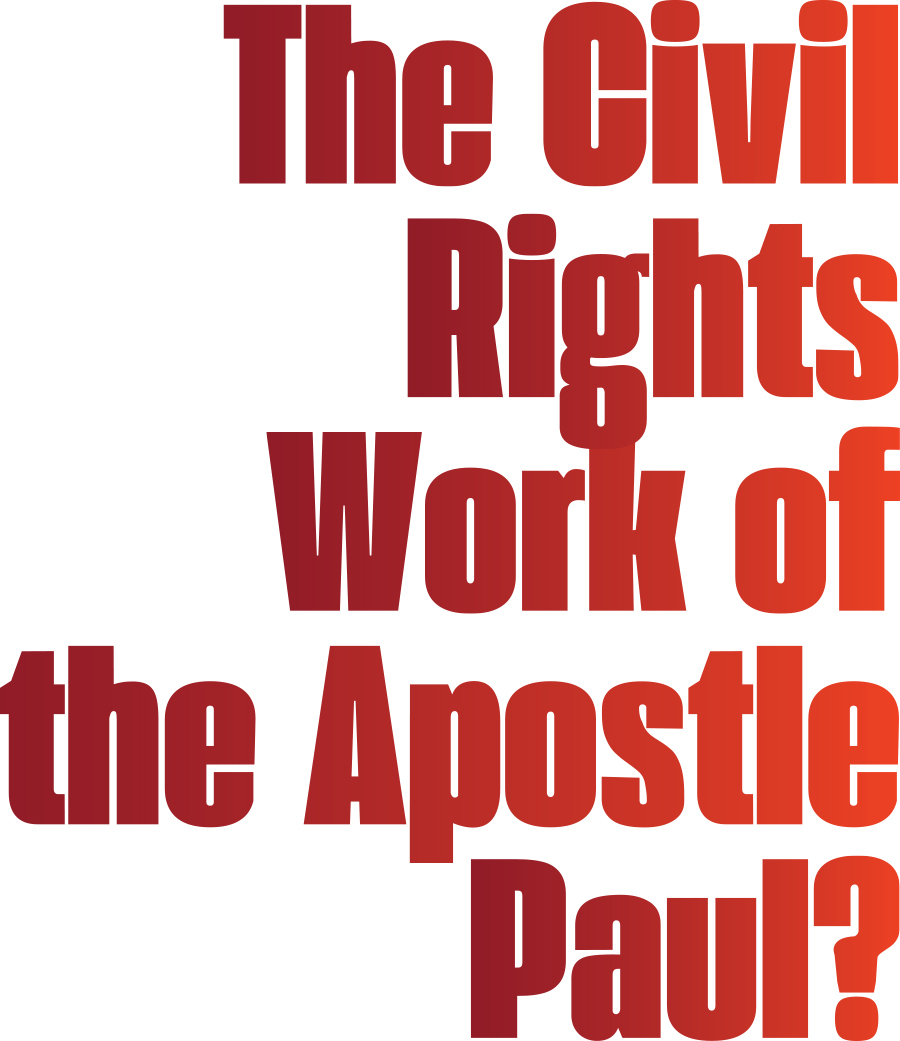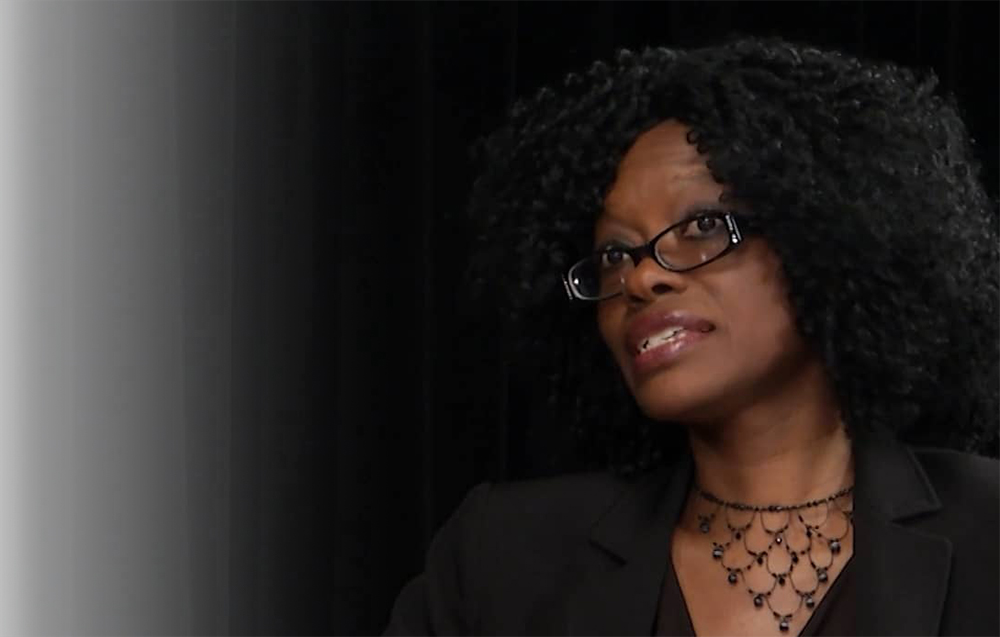


Bowens’ research discovered citations of Paul’s work in early American legal pleadings where enslaved Africans appealed to colonial courts for relief and freedom from bondage. Literacy, at that point however, was a serious bar to the use of the scripture for enslaved African Americans who were new to the language and the land, prohibited from learning to read and write. Illiteracy, of the scriptures in particular, enabled enslavers to teach and preach a gospel corrupted by their self-interest. Their teachings included everything from racial differences, superiority or inferiority, whether they had souls, and even different origin stories—as though black people were not created by God. It was a common motif to persuade the enslaved that they had no god but their enslaver. Or, they asserted that enslavement was somehow uplifting.
“If you can read Scripture,” Bowens countered in an interview with Message, “then you can see that there are other things in Scripture than ‘slaves obey your master’; you can see that God has created you in God’s image. You can see that you are a chosen vessel. All these things that God has destined you for, you have the opportunity—when you learn to read—to see that there’s more in Scripture than what the slave owners minister is telling you.”
By 17, Jea ran away to be baptized, and became even more aware of his value to God. He preached and resisted his enslavers even more in the face of cruelty and torture. He prayed intensely for God to help him convince his family, and his enslavers, and the court system that the spiritual freedom so many were fond of preaching, also meant physical freedom. But, the enslavers held God’s word up as giving them absolute authority over the enslaved.
Then, according to his autobiography, Jea saw a vision of an angel who came to him carrying a large Bible. The angel taught Jea to read the first chapter of the book of John, and suddenly, the angel left. Jea shared his vision, and proved he could read—the Bible and nothing else. Convinced of his story, and convinced God did indeed intend for him to be free, Jea was emancipated. He traveled around the world thereafter, preaching and teaching very much as Paul had done.
“It’s a wonderful, powerful example of how God interrupts the demonic, and how God meets people, even in their oppressive circumstances,” Bowens said. “You look at his life—he started off, not wanting anything to do with Christianity. But he meets God, encounters God [and] that transforms his life. God answers prayer, teaches him how to read, and his life is forever, forever changed.”
Bowens quotes Jea: “It pleased God to send the Spirit of his Son into my heart, [Galatians 4:6], and to bear witness with my spirit that I was a child of God,” [Romans 8:16].
One current example of this kind of tension came in 2018 when former United States Attorney General Jeff Sessions came under criticism for the Trump administration’s policy of separating and detaining migrating families at the border. As he defended the policy, USA Today reported that Sessions quoted from Paul’s writings: “I would cite you to the Apostle Paul and his clear and wise command in Romans 13, to obey the laws of the government because God has ordained them for the purpose of order,” Sessions said. “Orderly and lawful processes are good in themselves and protect the weak and lawful.” Then press-secretary Sarah Huckabee Sanders expounded later: “It’s very biblical to enforce the law.”

“Always the white minister used as his text something from Paul. At least three or four times a year he used as a text: ‘Slaves, be obedient to them that are your masters, as unto Christ.’ Then he would go on to show how it was God’s will that we were slaves, and how, if we were good and happy slaves, God would bless us. I promised my Maker that if I ever learned to read and if freedom ever came, I would not read that part of the Bible.”
“They see themselves, in many ways, kind of taking up part of the Pauline mantle,” said Bowens. “They’re using Pauling language to talk about how God has chosen them. God has called them to bring light to those who are in darkness.”
These black women theologians, Jarena Lee and Zilpha Elaw among them, from as far back as the 1700s viewed Paul’s opposition to women speaking in church as contextual—he was instructing that church with a specific problem, rather than instructing the church. These theologians rightly divided the word by critically balancing the entire body of Paul’s contribution to the Bible to find that women were prophesying and working alongside him in ministry.
“I was just so inspired by these interpreters,” Bowens says, “and I think they leave us a rich, rich legacy of how to engage issues of race and racism; how to engage oppression; how to engage, sexism. I’m inspired and challenged to try to continue that legacy, right? To try to continue reading Paul in libertive ways, and proclaim that the gospel is about freedom; it is about working against oppression. It’s not irrelevant. I think some people think the Bible can’t speak to these issues, but I think what these interpreters show us, it speaks to these issues and more. The Bible offers us, as I sometimes say, a word on target for whatever situation we may face.”